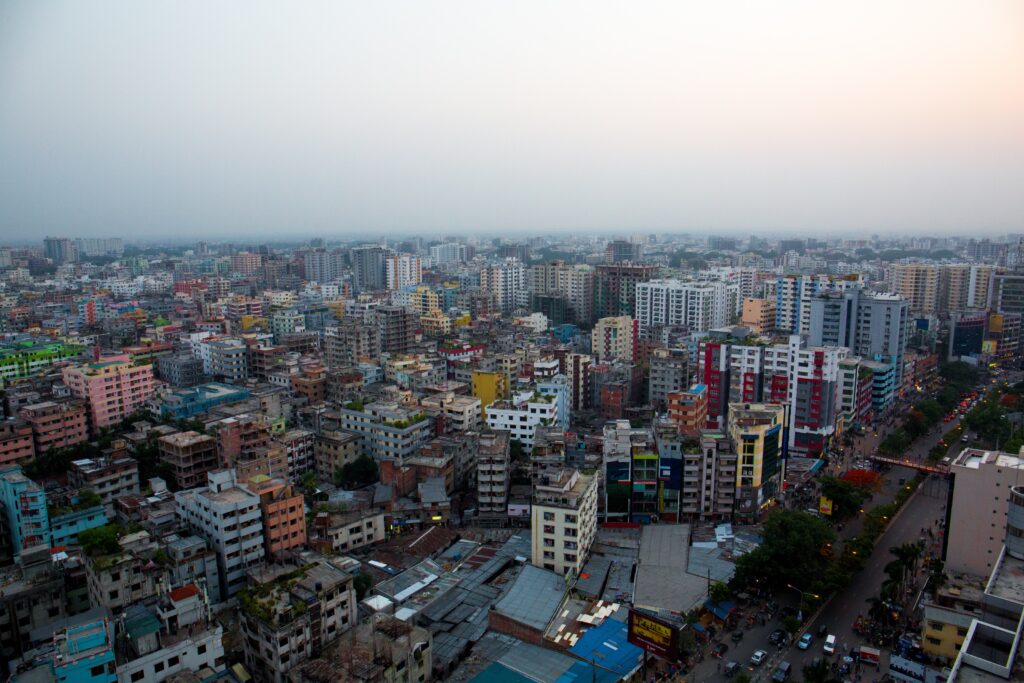Air pollution costs up to six years of billion’s lives according to a new report by a US research group.
The study suggests that 480 million in the north of India are exposed to the ‘most extreme levels of air pollution in the world’, concluding that efficient clean air policies can add up to five years to people’s lives.
In 2019, it was found that India’s average particulate matter concentration was 70.3 µg/m³, and as many as one million people die every year due to toxic air. Researchers pinpointed that burning coal is the leading cause.
India breathes ‘pollution levels ten times worse than those found anywhere else in the world’, the report, by The Energy Policy Institute at the University of Chicago (EPIC), found.
Countries where air pollution levels below standards set by the World Health Organisation (WHO), lose an average of 2.2 years of their lives, which adds up to 17 billion lost years according to Professor Michael Greenstone at the University of Chicago.
‘Air pollution is the greatest external threat to human health on the planet, and that is not widely recognised, or not recognised with the force and vigour that one might expect,’ Professor Greenstone commented.
Cutting air pollution and reducing particulate matter to levels below the WHO recommended safe levels would result in India gaining 5.9 years, 5.4 years in Bangladesh and Nepal, and 3.9 in Pakistan.
Meanwhile, in 2013 China launched a ‘war against air pollution’ and reduced levels by 29 per cent. As a result, 1.5 years were added to people’s lives.
‘Coal is the source of the problem in most parts of the world. If these health costs were embedded in prices, coal would be uncompetitive in almost all parts of the world,’ Professor Greenstone concluded.
Earlier this year, UK government announced it had moved forward the deadline for no longer using coal to generate electricity to 2024.
Photo credit: Kelly Lacy / Pexels




